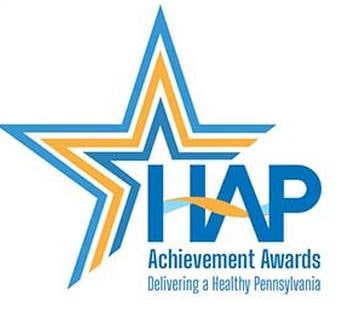Case Study: Hospital of the University of Pennsylvania 2025 Achievement Award - Community Champions

Community Champions Award—Large Division
A Hospital-Based Food Insecurity Program that Leverages Community Partnerships, Technology, and Multidisciplinary Students Can Improve the Health of Pennsylvanians
The Goal
Widespread food insecurity and poor maternal health outcomes, especially among minority populations, revealed critical gaps in access to nutritious, culturally appropriate food and supportive care. Inconvenient, non-tailored, and stigmatizing resources underscored the need for a more equitable, patient-centered approach.
 The Intervention
The Intervention
To address food insecurity, the team launched a hospital-based program offering medically tailored, culturally sensitive groceries through a dignified, grocery store–style model. It features bedside screening, discharge bags, limited home delivery, nutrition education, and a pricing system that encourages healthy choices. Partnerships with community groups and universities support student training in trauma-informed, equity-focused care. A maternal health track supports high-risk OB patients with weekly food access, community health worker–led education, and peer support. It also connects all participants to housing, hygiene products, and other vital social services.
Results
Since 2020, the program has distributed 100,000 pounds of food and screened over 1,000 patients, with more than half receiving support, and referrals steadily increasing. Nearly 90 students gained hands-on experience, with some joining the team after graduation. Positive patient feedback and early success with high-risk pregnancies led to grant funding and a second pantry in a high-need area.
Download
Topics: Quality Initiatives
Revision Date: 6/23/2025
Return to Previous Page